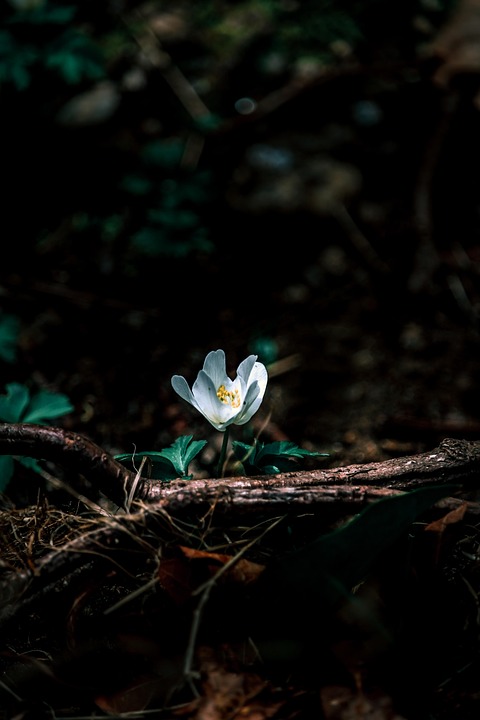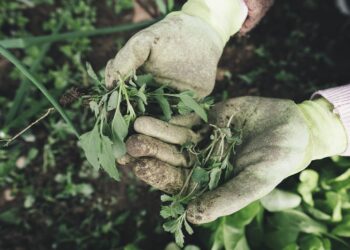Growing Green: Sustainable Gardening Techniques for a Greener Future
In today’s world, the importance of sustainability and environmental conservation cannot be overstated. As we strive to protect our planet for future generations, one area where we can make a significant impact is in our own gardens. By adopting sustainable gardening techniques, we can reduce our carbon footprint, conserve resources, and create a healthier environment for ourselves and our communities. In this article, we will explore some key strategies for growing green and offer tips for creating a more sustainable garden.
Why Sustainable Gardening Matters
Sustainable gardening is about more than just growing pretty flowers or tasty vegetables. It’s about creating a harmonious ecosystem that supports biodiversity, conserves water, and minimizes waste. By using sustainable gardening techniques, we can reduce our reliance on harmful chemicals, protect our soil and water resources, and promote a healthier environment for all living beings.
Key Sustainable Gardening Techniques
1. Composting
Composting is an essential practice for any sustainable gardener. By composting kitchen scraps, yard waste, and other organic materials, you can create a nutrient-rich soil amendment that will improve the health and fertility of your garden soil. Composting also helps to reduce waste sent to landfills and decrease greenhouse gas emissions.
2. Water Conservation
Water is a precious resource, and it’s important to use it wisely in the garden. By installing a rain barrel to collect rainwater, using drip irrigation systems, and mulching around plants to retain moisture, you can reduce water waste and promote healthy plant growth. Choosing drought-tolerant plants and grouping plants with similar water needs together can also help conserve water in the garden.
3. Organic Pest Control
Instead of relying on harmful chemical pesticides, consider using natural methods of pest control in your garden. Planting companion plants that repel pests, attracting beneficial insects like ladybugs and lacewings, and hand-picking pests off plants are all effective ways to manage pests without harming the environment.
4. Native Plants
Native plants are well-adapted to their local environment and require less water, fertilizer, and maintenance than non-native plants. By incorporating native plants into your garden, you can create a more resilient and sustainable landscape that supports local wildlife and reduces the need for inputs like water and fertilizer.
Tips for Creating a Sustainable Garden
Here are some additional tips for creating a more sustainable garden:
1. Choose organic and heirloom seeds
Organic seeds are free of harmful chemicals and pesticides, while heirloom seeds are open-pollinated and preserve genetic diversity. By choosing organic and heirloom seeds, you can support biodiversity and promote healthy soil and plants in your garden.
2. Mulch your garden beds
Mulching garden beds helps to retain moisture, suppress weeds, and add organic matter to the soil as it breaks down. Choose natural mulches like straw, wood chips, or leaves, and avoid synthetic mulches that can leach harmful chemicals into the soil.
3. Practice crop rotation
Rotating crops in your garden helps to prevent soil depletion, reduce pest and disease pressure, and promote a healthy balance of nutrients in the soil. By rotating crops each season, you can maintain the health and productivity of your garden over time.
4. Support pollinators
Pollinators like bees, butterflies, and hummingbirds play a crucial role in the garden by pollinating flowers and ensuring fruit and seed production. To support pollinators in your garden, plant a variety of nectar-rich flowers, provide nesting sites like bee hotels, and avoid using pesticides that can harm pollinators.
Conclusion
By adopting sustainable gardening techniques, we can create a more resilient, healthy, and eco-friendly garden that supports biodiversity, conserves resources, and promotes a greener future. Whether you’re a seasoned gardener or just starting out, there are many ways to make your garden more sustainable and environmentally friendly. By composting, conserving water, using organic pest control, planting native plants, and following other sustainable practices, you can create a beautiful and sustainable garden that benefits both you and the planet.
So why wait? Start growing green today and join the movement towards a more sustainable future!




















































